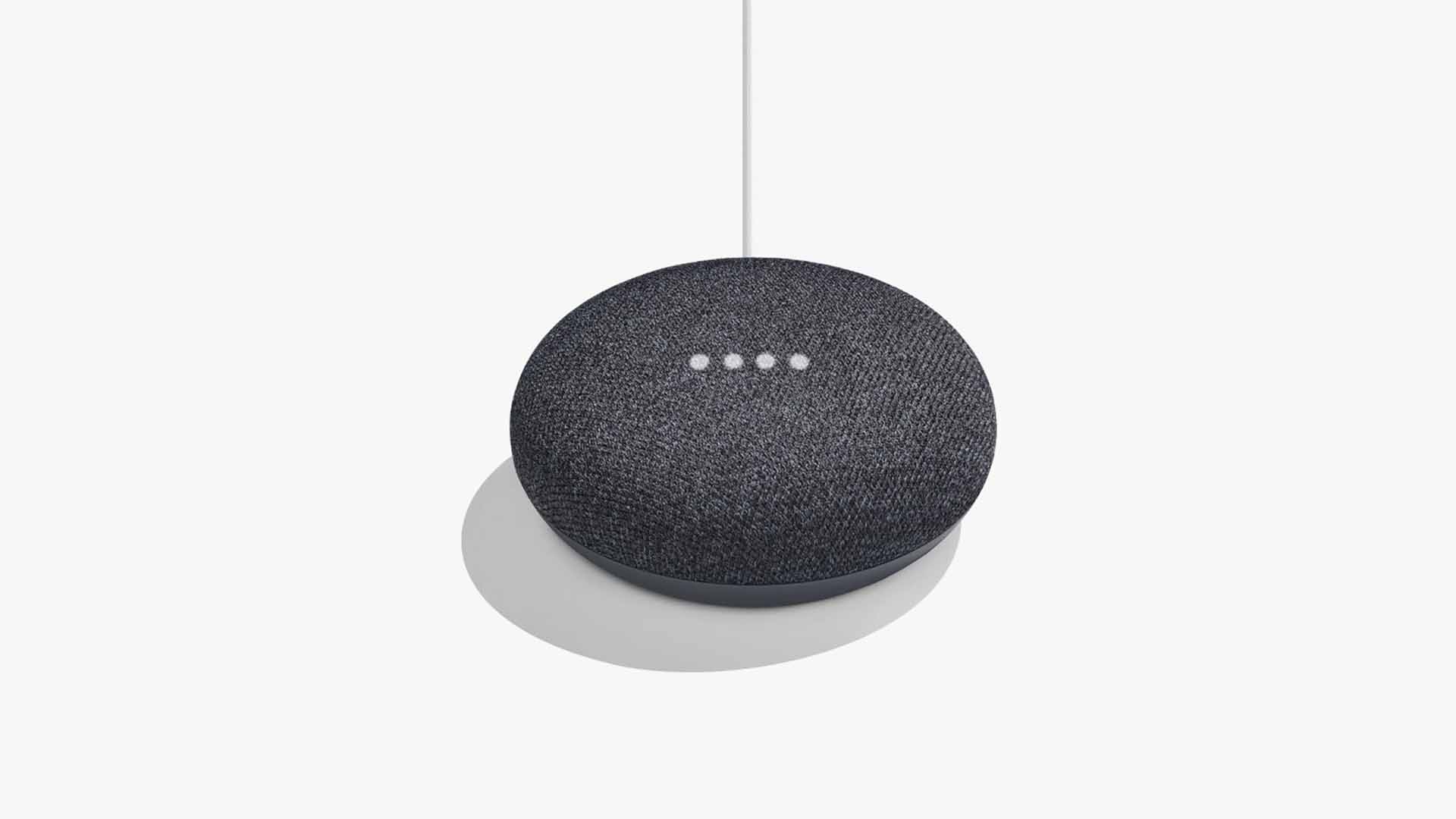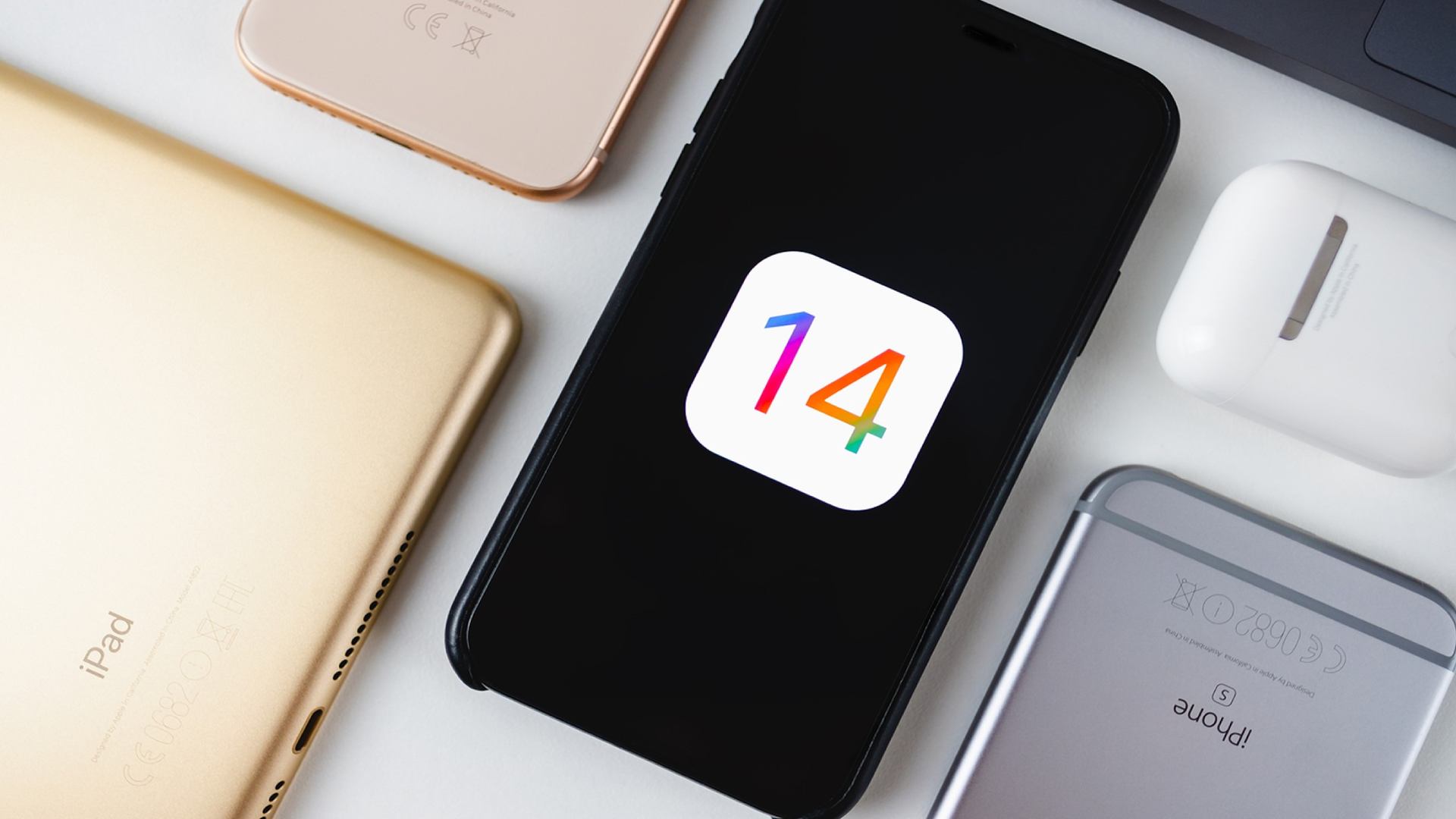
Voice search is voice recognition application run by search engines to provide search results based on spoken queries.
Characteristics of Voice Search
- An activation trigger away from a typed query, such as a button or spoken phrase (“OK Google”)
- Automatic Speech Recognition (ASR) software to process queries
- Fast and convenient response time with a snippet answer
- Language recognition
- Question-and-answer format
- Text-to-speech software to deliver an audio response
This type of search continues to be a hot topic in SEO. As per comScore’s predictions, 50% of all searches will be conducted via voice functionality by 2020. About 30% will be completed without even looking at a screen.
By 2017, 13% of all households in the United States owned a virtual home assistant – like Amazon Echo or Google Home – but this figure is projected to increase quickly over the next few years. Don’t be fooled by the margin on these predictions, however – it might seem reasonable to think that voice search isn’t a major player yet, but it’s already a reality.
Nearly 22% of the world’s internet users make use of a digital assistant at least once per month, and there are already over one billion spoken searches per month, based on data from January 2018.
While it’s easy to understand what this technology is, it’s less apparent how people choose to use it, and what they use it for. Continue reading to learn how you can optimise your website for the imminent voice search revolution.
What are people using it for?
- Ask for directions
- Check the time
- Dial someone
- Dictate text messages
- Find movie times
- Get help with homework
- Play a song
5 Ways To Optimise For Voice Search in 2019
- Optimise for Long-Tail Keywords – People tend to interact with apps like Siri as though they are making conversation, asking questions in complete sentences. SEO tools such as Answer the Public can help you anticipate which long tail keywords you should target to optimise your content.
- Optimise for Localised Search Queries – Recent SEO research suggests that people using voice search are more likely to target local businesses. This could be because voice search is easier to manage when users are walking or behind the wheel. Either way, incorporating your location into your content will help voice searches put your name in front of nearby, curious customers.
- Include Featured Content – When users ask questions to apps like Siri or devices like Google Home, voice search will answer audibly if possible. Featured snippets are primed for voice searches to use in text-to-speech answers. Google Home and other related apps will even site you as a source and provide a link to your website.
- Help Voice Searches Assemble a Quick Response – Because the queries are often conversational, with long tail keywords, anticipating those questions is important. The best way to optimise for this kind of search is by providing concise answers to common questions. Consider simulating anticipated queries in your H2 headers and open that section with a concise yet comprehensive answer.
- Create Readable Content – The golden rule of SEO is as true across the board. Providing engaging, informative, grammatically sound content is the best way to play the SEO long game. Content that satisfies user intent will get preference from voice search.
What is the Future of Voice Search?
Despite it’s surging traffic, spoken search is still a largely un-mapped frontier. Keeping an eye on the trends is the only way to predict where it might go next. This means taking advantage of Google Analytics, as it follows that fully comprehending this growing search methodology means fully comprehending mobile search.
Pure SEO Auckland – Your Local SEO Experts
The PureSEO team are experts on all things SEO Auckland-wide, so if you’re in need of any help with website optimisation get in touch today!

















